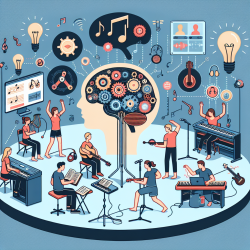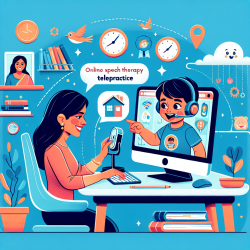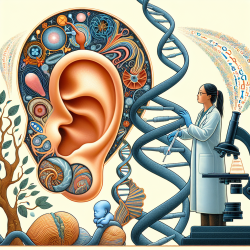Enhancing Therapy Skills Through Music Performance Insights
At TinyEYE, we are committed to providing data-driven, evidence-based online therapy services to schools. As practitioners focused on creating positive outcomes for children, it's essential to continually refine our skills. One way to do this is by integrating insights from various fields, including music performance. The research article titled Music performance as knowledge acquisition: a review and preliminary conceptual framework offers valuable perspectives that can enhance our practice.
Understanding the Research
The research by Reybrouck and Schiavio (2024) delves into how playing a musical instrument contributes to knowledge acquisition. It challenges traditional views by suggesting that music performance involves a dynamic integration of both external and internal factors. This perspective aligns with embodied cognitive science, which emphasizes the profound connection between sensorimotor experiences and cognitive processes.
Key Insights for Practitioners
Here are some actionable insights from the research that can be applied to improve therapy outcomes:
- Emphasize Sensorimotor Integration: Just as music performance integrates sensory feedback with motor actions, therapy should focus on activities that engage multiple senses. This can enhance children's learning and retention.
- Encourage Real-Time Feedback: In music, the sounds produced during performance serve as immediate feedback, which helps in refining skills. Similarly, providing real-time feedback during therapy sessions can help children adjust and improve their communication skills more effectively.
- Adopt a Holistic Approach: The research highlights the importance of considering both the external actions and internal experiences. Practitioners should adopt a holistic approach that addresses both the physical and cognitive aspects of therapy.
- Foster Creativity and Exploration: Just as musicians explore and experiment with sounds, encouraging children to explore different ways of expressing themselves can lead to more creative and effective communication strategies.
Encouraging Further Research
While the insights from this research are valuable, it's important to continue exploring and integrating findings from various fields. Practitioners are encouraged to delve deeper into the literature and consider how these concepts can be adapted to their specific contexts.
To read the original research paper, please follow this link: Music performance as knowledge acquisition: a review and preliminary conceptual framework.










